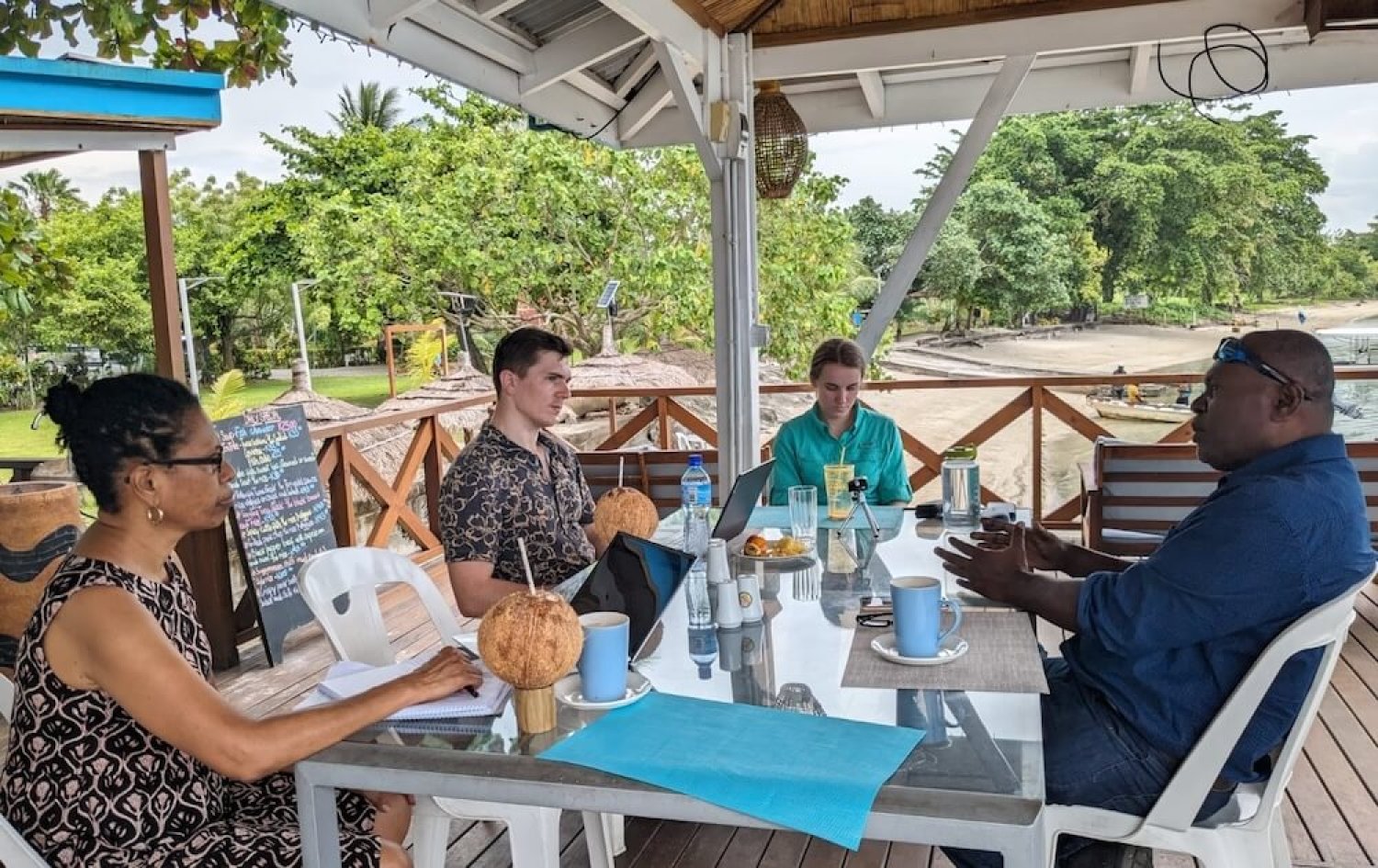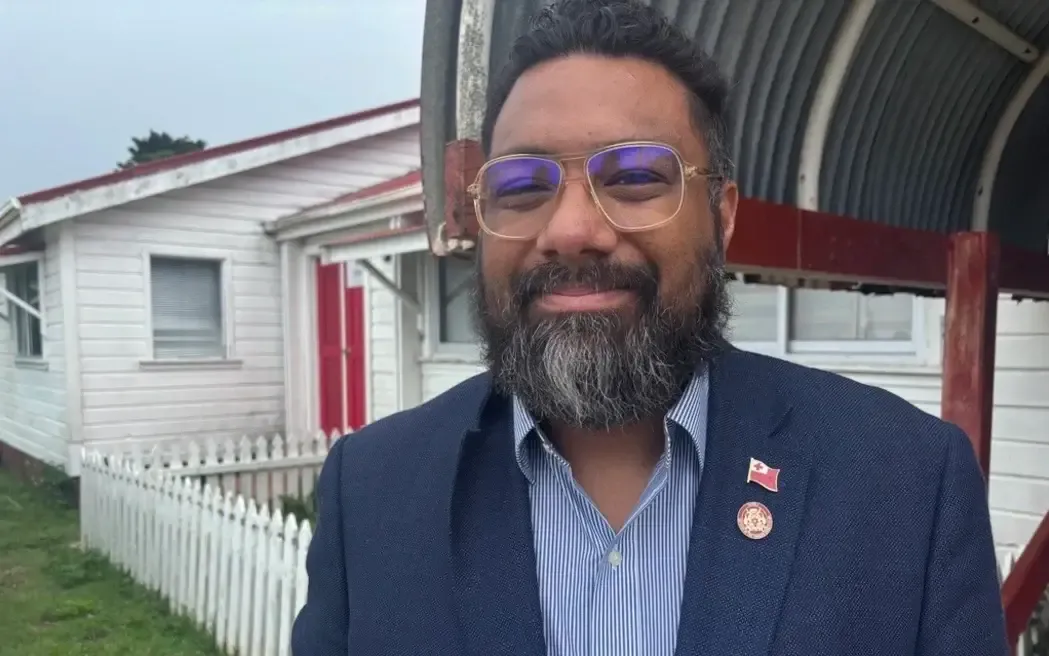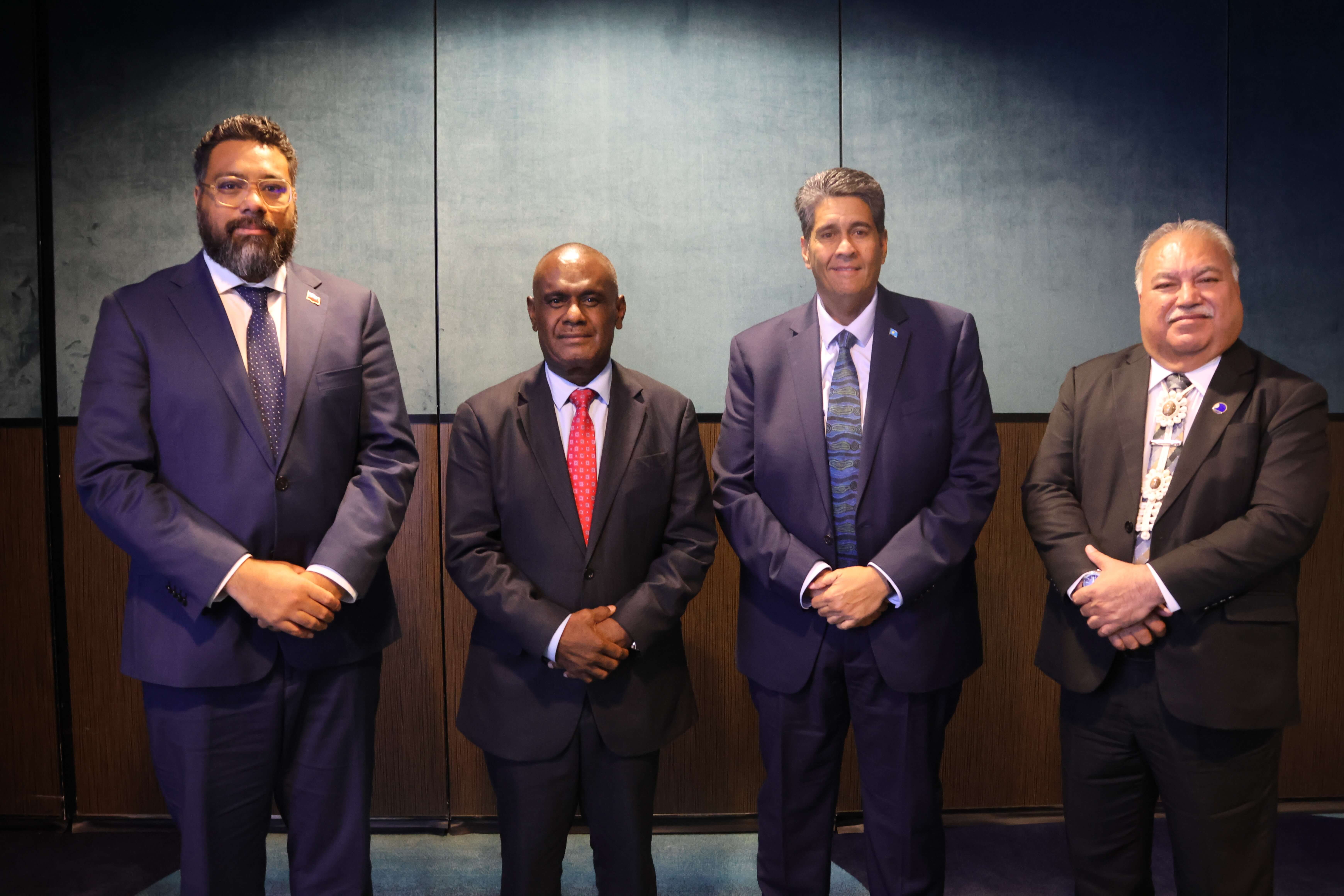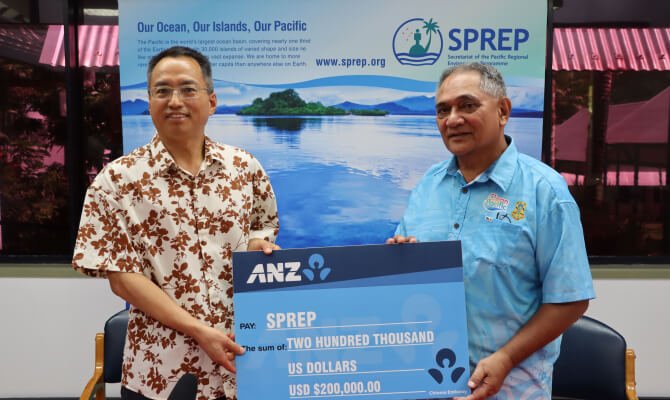In late October, Ellis Mackenzie and Kate Lanyon jetted across to Papua New Guinea (PNG), meeting up with Sustineo’s PNG-based colleague Almah Tararia in Port Moresby before heading out into the (cocoa) field.
This trip was part of an ongoing project considering the potential of carbon trading or carbon neutral certification to improve livelihoods of smallholder coffee and cocoa farmers in PNG. The project is funded by the Department of Foreign Affairs and Trade (DFAT) and is being delivered in partnership with the Australian National University’s Institute for Climate, Energy & Disaster Solutions (ANU ICEDS), Nakau, PhD researcher Mawe Gonapa, and PNG-based partners.
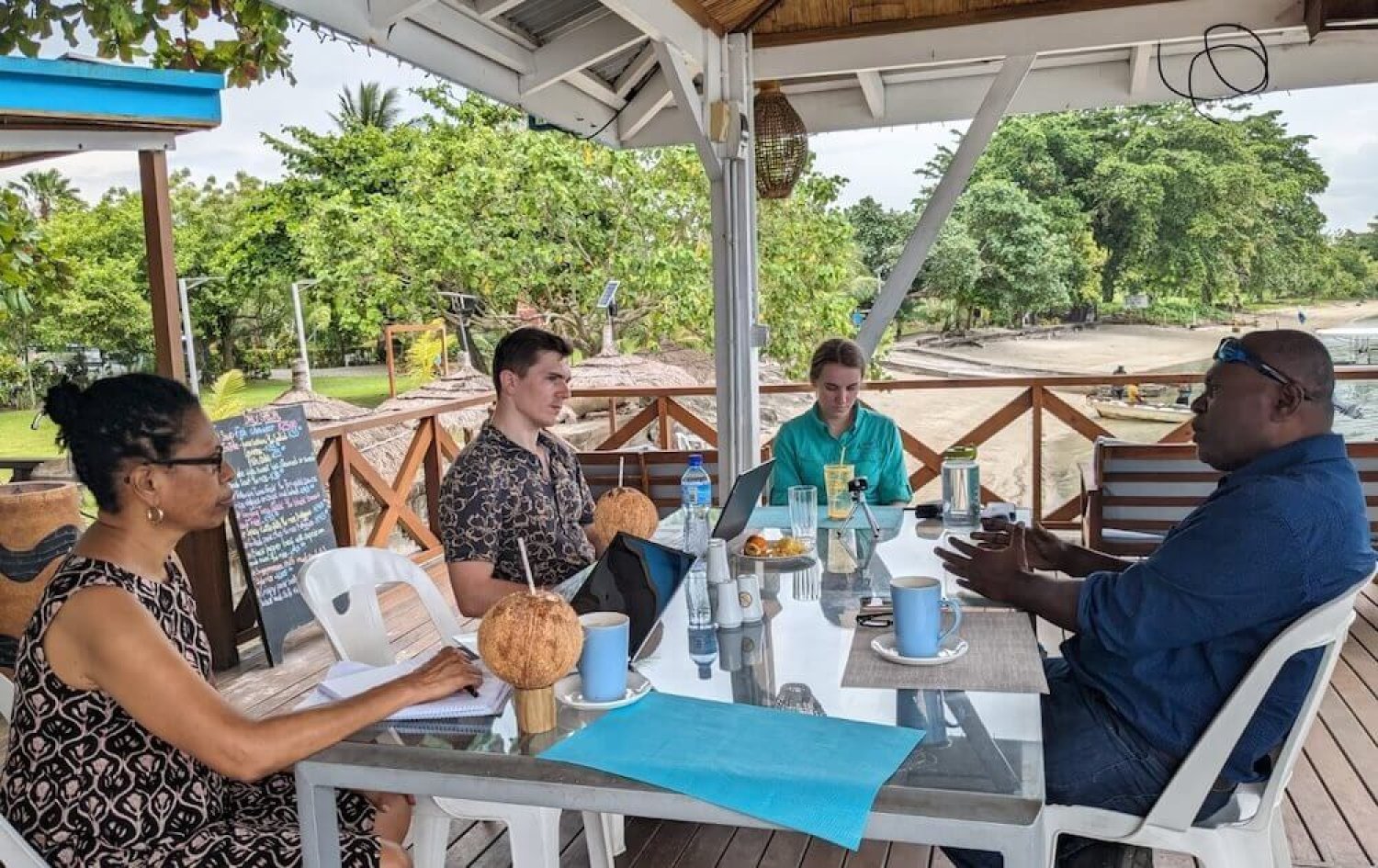
Building on our earlier work done in the coffee sector, this trip focused on expanding the project team’s assessment to the cocoa sector. Cocoa is one of the most important crops in PNG (alongside coffee and fresh food) and is grown across at least 12 provinces, with the Autonomous Region of Bougainville (ARoB), East Sepik, and East New Britain (ENB) being the largest producers. More than 90% of PNG cocoa is produced by smallholder farmers, many of whom rely on cocoa for income.
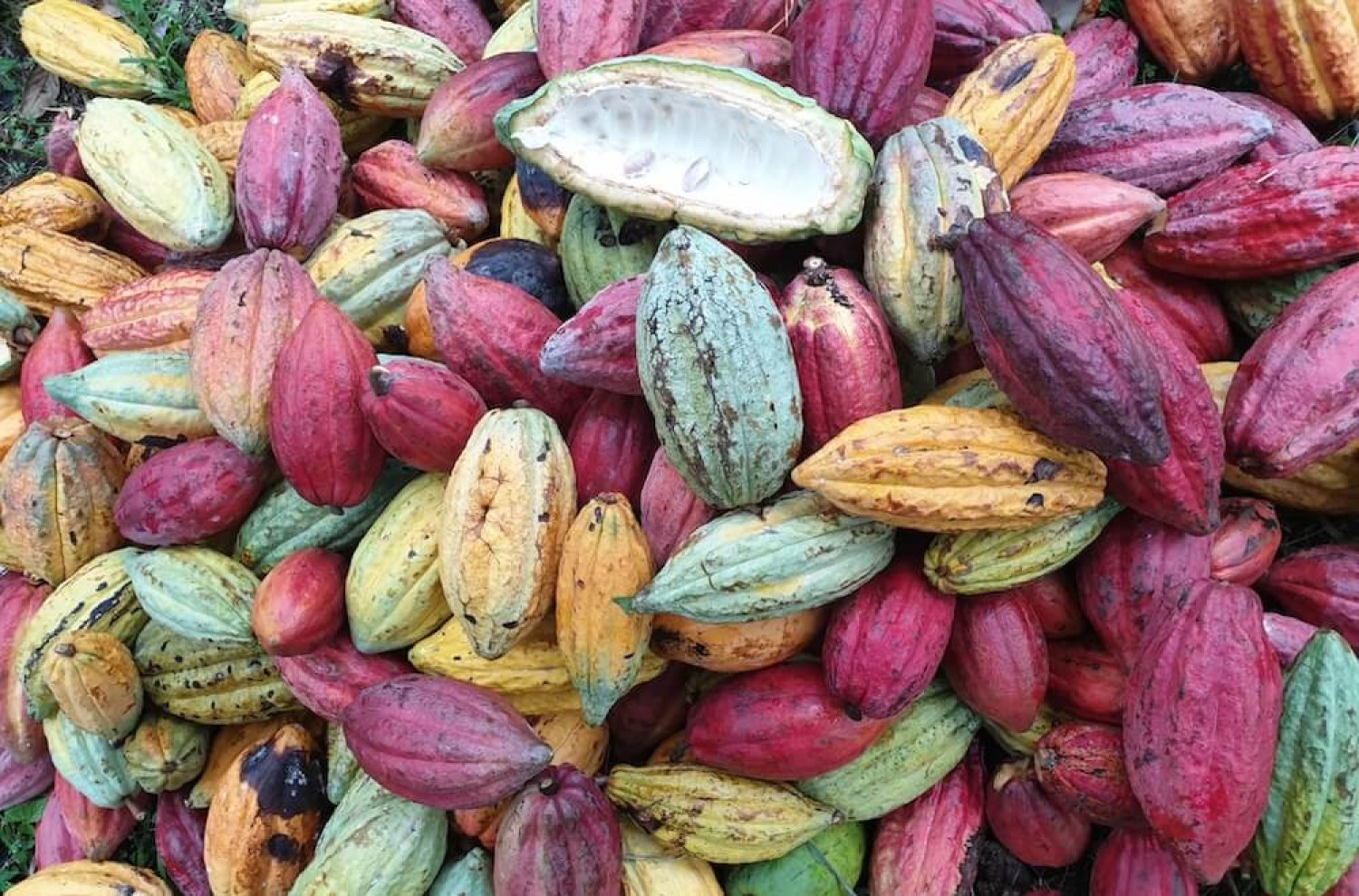
Ellis, Kate, and Almah travelled to ENB and ARoB to meet with government, industry, NGO, and community stakeholders to gain a better understanding of how the cocoa industry functions in PNG and what governance arrangements are currently in place. The team also had the chance to sample some local chocolate at the Bougainville Department of Primary Industries office!
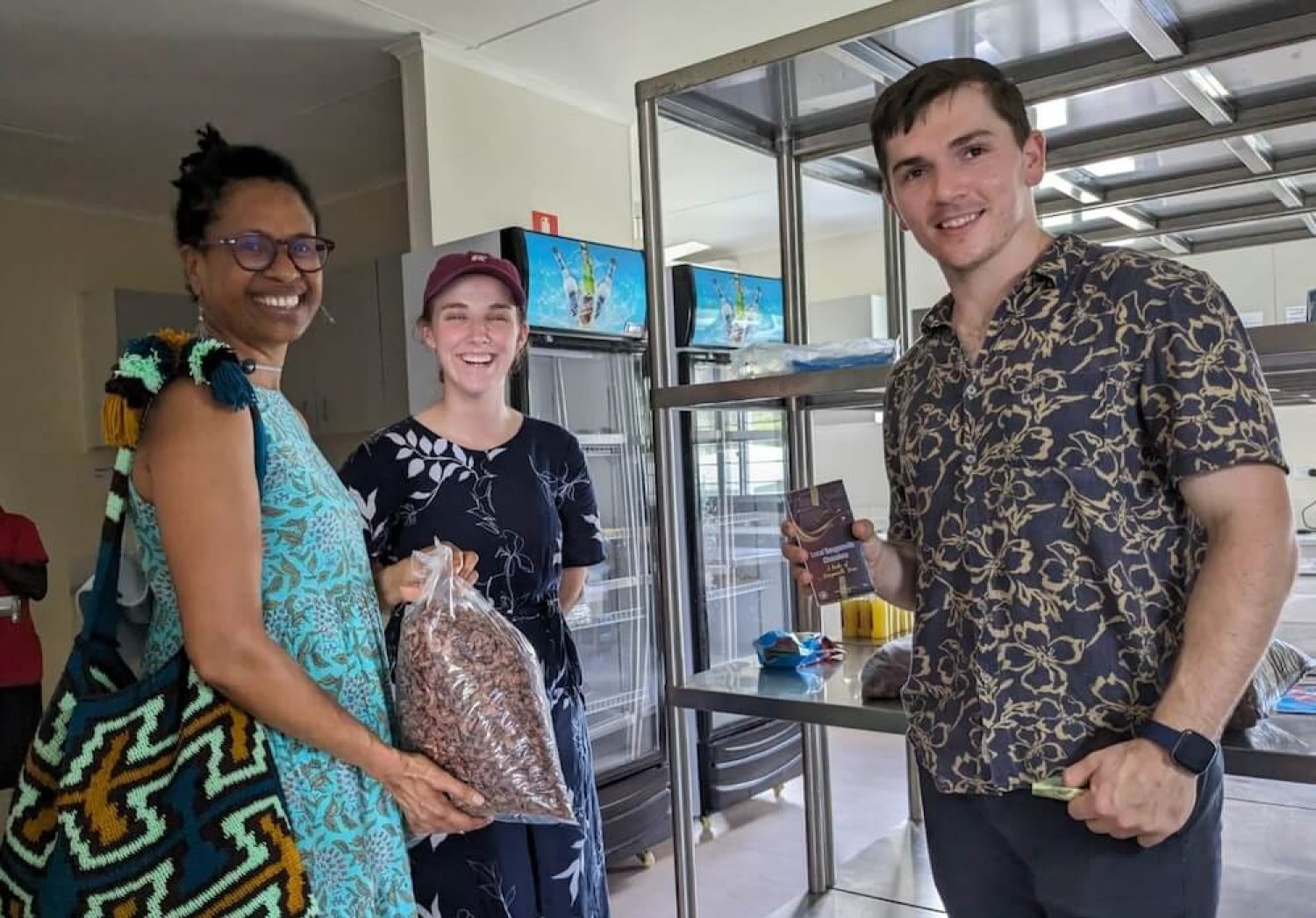
The interviews highlighted that cocoa has been a remarkably resilient crop in PNG, persisting despite conflicts, serious pest outbreaks (notably the Cocoa Pod Borer), volcanic eruptions, and competition from other cash crops. Stakeholders across public and private sectors expressed interest in the idea of using carbon financing to improve smallholder livelihoods.
In the case of carbon trading, smallholders can receive payments from the sale of carbon credits on international voluntary carbon markets. The carbon neutral certification option could allow farmers to market their cocoa to buyers who are willing to pay a premium price for the certified product. Either option can provide additional income streams for households and be invested in community development projects.
The project team is continuing work to establish the feasibility of implementing a program, with ongoing research on land tenure arrangements and best practice for community engagement. This work is important to ensure that the wellbeing of communities and individuals is prioritised.
Interested in this subject area? Reach out to our Senior Consultant Ellis Mackenzie (ellis.mackenzie@sustineo.com.au).
